Professional Courses
Industry-relevant training in Business, Technology, and Design
Categories
Interactive Games
Fun games to boost memory, math, typing, and English skills
Typing
Memory
Math
English Adventures
Knowledge
How to Score 95% in the CBSE Class 10 Board Exams: A Strategy Guide

If you are a student aiming to do really well in your CBSE Class 10 exams, you are not alone. Many students want to score high marks, but often do not know where to even begin.
The CBSE curriculum can feel vast and sometimes tricky. Hearing "board exams" everywhere can make the pressure feel immense, and scoring above 95% might seem like an impossible mountain to climb.
But here is the secret: achieving a high score is not about luck or just rote learning. It is about having a smart strategy, dedication, and the discipline to follow a well-structured plan.
Every year, thousands of students reach this goal, and you can too. This guide will provide you with a step-by-step approach to help you achieve maximum marks. We will explore the topper mindset, subject-specific strategies, time management, and how you can use online tools like AllRounder.ai to stay on track.
Start Early and Stay Consistent
Serious preparation for your Class 10 board exams should ideally start from the very beginning of the academic year. Think of it like building a house—you cannot lay a strong foundation in the last month.
If you wait until the last two months to get serious, your stress levels will be through the roof, and your preparation will feel rushed and incomplete.
Begin by downloading and reading the complete syllabus provided by the official CBSE Academic website. Break down the entire syllabus into monthly and weekly goals. This makes the mountain of work feel like a series of small, manageable hills.
Tools like the CBSE course planner from AllRounder.ai can help you visualize your syllabus, tick off chapters as you complete them, and stay consistent with your plan.
Remember, consistency matters more than intensity. It is far better to study for three focused hours every day from April to December than to try and cram for 12 hours a day in January and February.
Know Your Battlefield: The CBSE Exam Pattern
The CBSE exams are designed to evaluate your conceptual clarity, your ability to manage time, and your skill in applying knowledge, not just memorizing it.
Every subject includes both a theory paper and an internal assessment. For subjects like Science and Math, the written exam is for 80 marks, while 20 marks are for internal assessments.
It is crucial to understand the marking pattern for each of your subjects. Know where the board expects to see keywords, well-labeled diagrams, and precise definitions. CBSE provides official marking schemes and sample papers on its website, and platforms like AllRounder.ai Class 10 CBSE resources curate these for easy access.
Your Holy Grail: The NCERT Textbooks
For scoring high in the CBSE curriculum, your NCERT textbooks are your single most important resource. Every question in your board exam paper is based on the concepts explained in these books.
You must master every chapter, activity box, and summary point in your NCERT books before you even think about moving to external reference guides or question banks.
Here is a simple 3-step process to master your NCERT books: 1. First Reading: Read the chapter like a story to understand the main concepts. 2. Second Reading: Read it again, this time highlighting key definitions, writing down important formulas, and making short notes. 3. Third Reading & Practice: Read the chapter one more time and then solve every single question in the exercises, including the additional ones at the end.
Students who focus on the NCERT books and revise them at least three times generally perform much better than those who get lost in the never-ending maze of multiple reference books.
For quick revision, you can use AllRounder.ai’s focused flashcards and notes, which summarize NCERT chapters into bite-sized pieces.
Follow a Smart, Subject-Wise Strategy
A one-size-fits-all approach does not work for board exam preparation. Each subject needs a different strategy.
Mathematics
- The Game Plan: The only way to get better at Math is to practice every single day.
- Key Focus Areas: Start with every NCERT question and example. Pay special attention to formulas, identities, and theorems. Topics like Algebra, Geometry, and Trigonometry usually have the highest weightage.
- Common Mistakes: Do not skip steps in your calculations to save time. This is where most silly mistakes happen.
- Helpful Tools: To boost your memory, you can try the math quizzes and formula cheat sheets on AllRounder.ai.
Science
- The Game Plan: Divide your time equally between Physics, Chemistry, and Biology, as each section tests different skills.
- Key Focus Areas: In Physics, focus on understanding the concepts behind the formulas and practicing numerical problems. In Chemistry, master chemical reactions and balancing equations. In Biology, practice drawing neat, well-labeled diagrams.
- Common Mistakes: Do not ignore the new pattern of competency-based questions. Make sure to practice assertion-reason and case-study questions.
- Helpful Tools: For better visualization of topics, you can try the CBSE science online simulations on AllRounder.ai.
English
- The Game Plan: English is a high-scoring subject if you pay attention to it throughout the year. Focus on understanding and expressing yourself clearly.
- Key Focus Areas: Read your literature chapters thoroughly and try to understand the underlying themes and character motivations. For writing tasks like letters and articles, practice the formats regularly.
- Common Mistakes: Many students lose marks in grammar. Make sure you practice all the topics, including tenses, prepositions, and sentence correction.
- Helpful Tools: You will find grammar practice sheets and model answers for writing tasks on AllRounder.ai.
Social Science
- The Game Plan: The best way to tackle the vast syllabus of Social Science is to think of it as a series of interconnected stories.
- Key Focus Areas: In History, create timelines to remember important dates and events. In Geography, map work is essential. In Civics and Economics, focus on understanding the core concepts.
- Common Mistakes: Trying to memorize everything without understanding the context. Making short notes for each chapter is a much more effective strategy.
- Helpful Tools: You can use summary tables and AllRounder.ai topic flashcards to revise chapters more quickly.
Create a Practical Timetable That You Can Follow
An effective study plan is not just about putting in long hours; it is about maximizing your energy and focus during the time you study.
Create a well-rounded schedule that includes: - 2–3 different subjects per day to keep things interesting. - A dedicated slot for daily revision of the topics you studied the previous day. - At least one mock test or sample paper per week. - Time set aside for solving your doubts.
A good strategy is to begin your morning with the most challenging subject. You can dedicate the afternoons to lighter subjects or revision, and the evenings to writing practice.
AllRounder.ai gives you personalized CBSE study schedules that can adapt to your personal learning pace.
The Secret to Writing High-Scoring Answers
Scoring well is also about how you present your knowledge on the answer sheet. - Write neatly and legibly. Underline important keywords to draw the examiner's attention. - Use headings, sub-headings, and bullet points for long answers to make them easy to read. - Leave some space between your answers to keep your answer sheet looking clean. - Always try to include keywords from the question in your answer. These minor details can earn you extra marks.
Maintain Your Mental and Physical Health
To score in the 95th percentile, you need mental clarity, not just hours of study. Burnout is a real risk, and you must take steps to avoid it. - Get 7–8 hours of quality sleep every day. - Eat a balanced diet and drink plenty of water. - Do not cram late at night before an exam; a rested brain performs better. - Take regular walks, meditate, or spend time on your hobbies to lower your stress levels.
If you are feeling overwhelmed, talk to your parents, teachers, or friends. Using the student forums on AllRounder.ai can also help reduce academic pressure.
Your Roadmap to CBSE Success
Scoring 95% and above in the CBSE Class 10 board exams is a realistic and achievable goal for any student who is willing to follow a structured and disciplined plan.
Stick to your NCERT books, revise daily, solve plenty of sample papers, and maintain a consistent study routine. Make technology work for you with platforms like AllRounder.ai that can help you monitor your syllabus, clear your doubts, and build your confidence.
Remember, it is not about how much time you have, but how smartly you use that time. Best of luck with your exams!
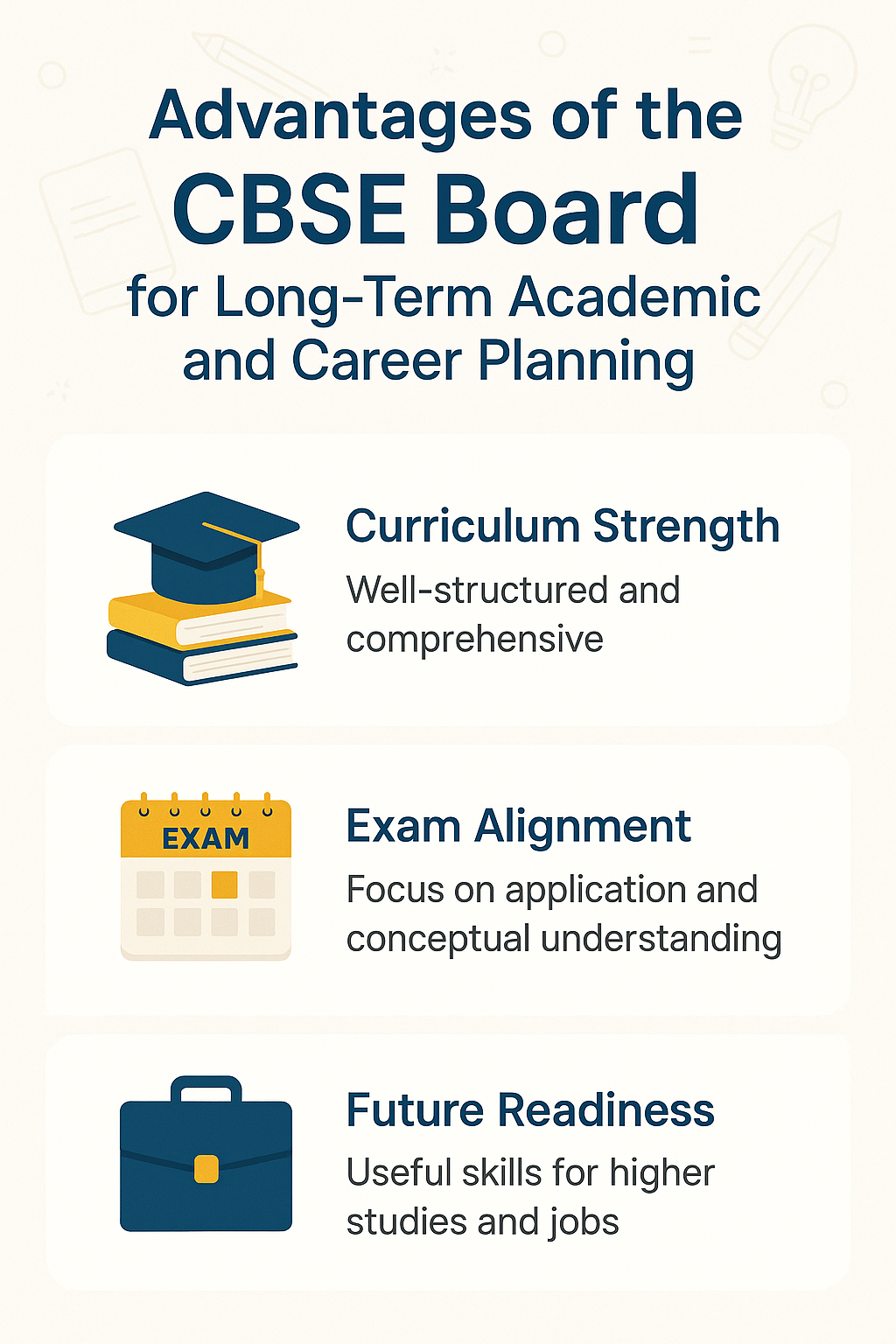
Discover the advantages of the CBSE board for long-term academic and career planning, including curriculum strength,...
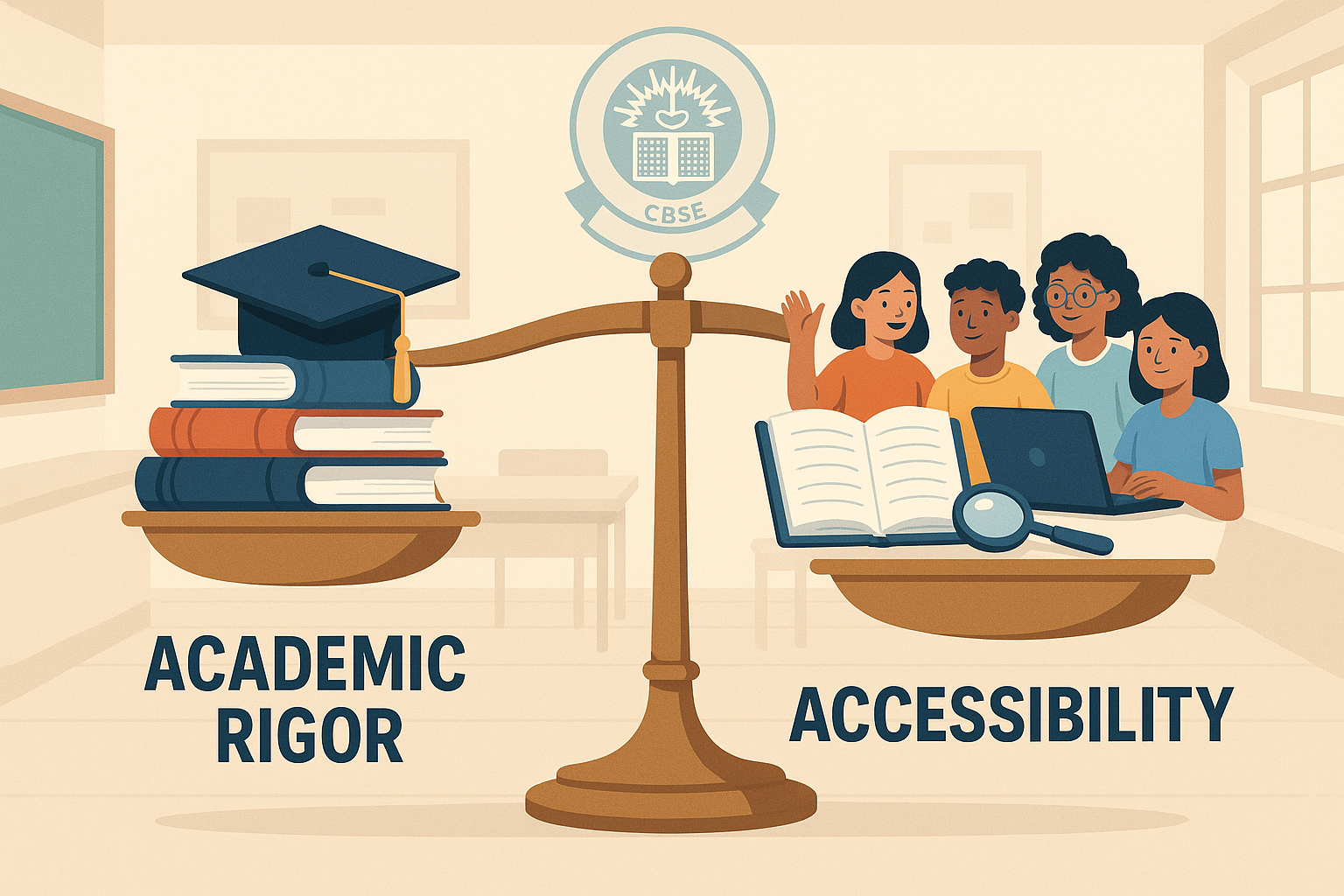
Explore how the CBSE board balances academic rigor and accessibility through its curriculum, syllabus, exams, and...
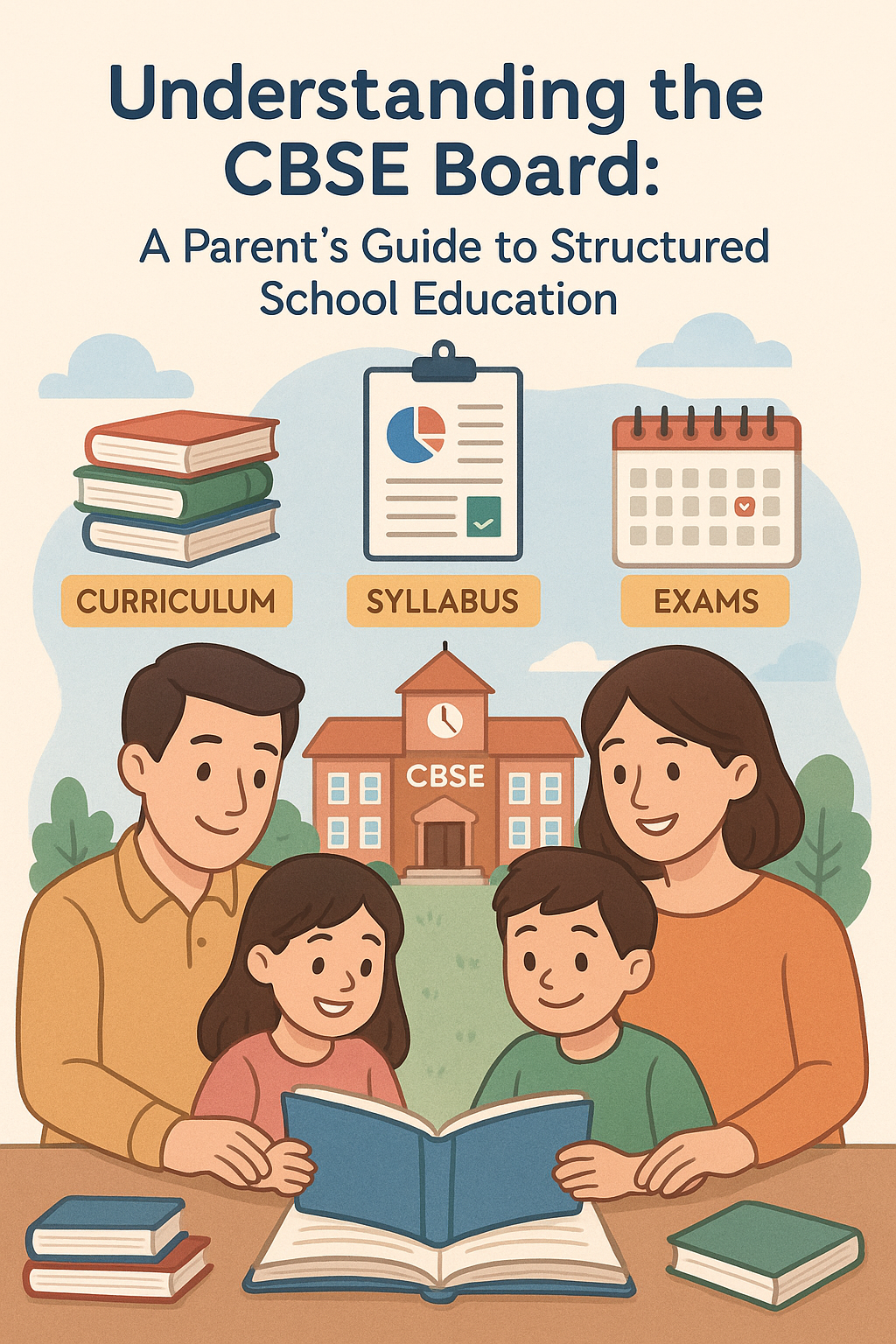
A complete parent’s guide to understanding the CBSE board, its curriculum, syllabus, advantages, exam structure, and...
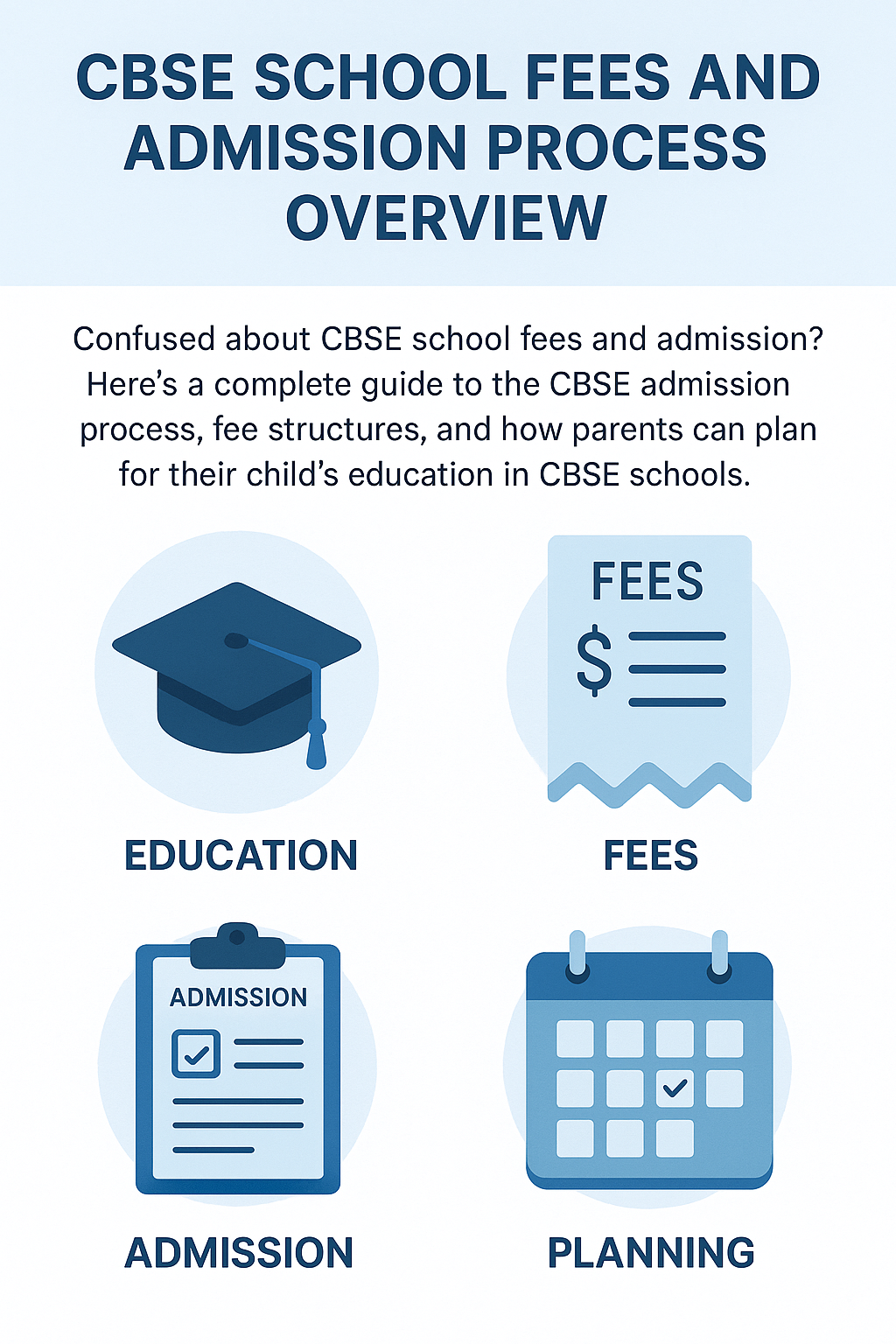
Confused about CBSE school fees and admission? Here’s a complete guide to the CBSE admission process, fee...
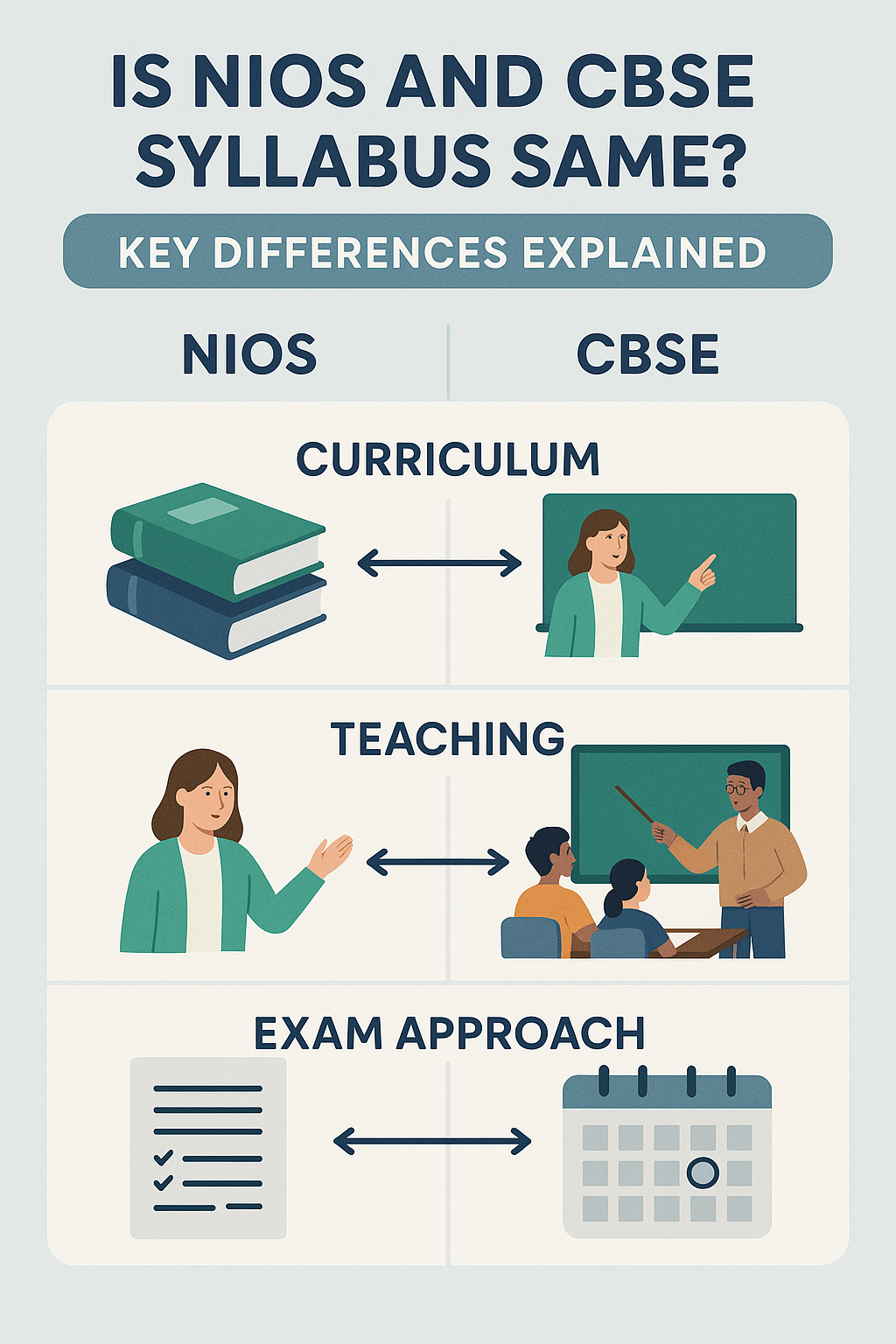
Is NIOS and CBSE syllabus same? Discover the key differences in curriculum, teaching, and exam approach. Learn how...
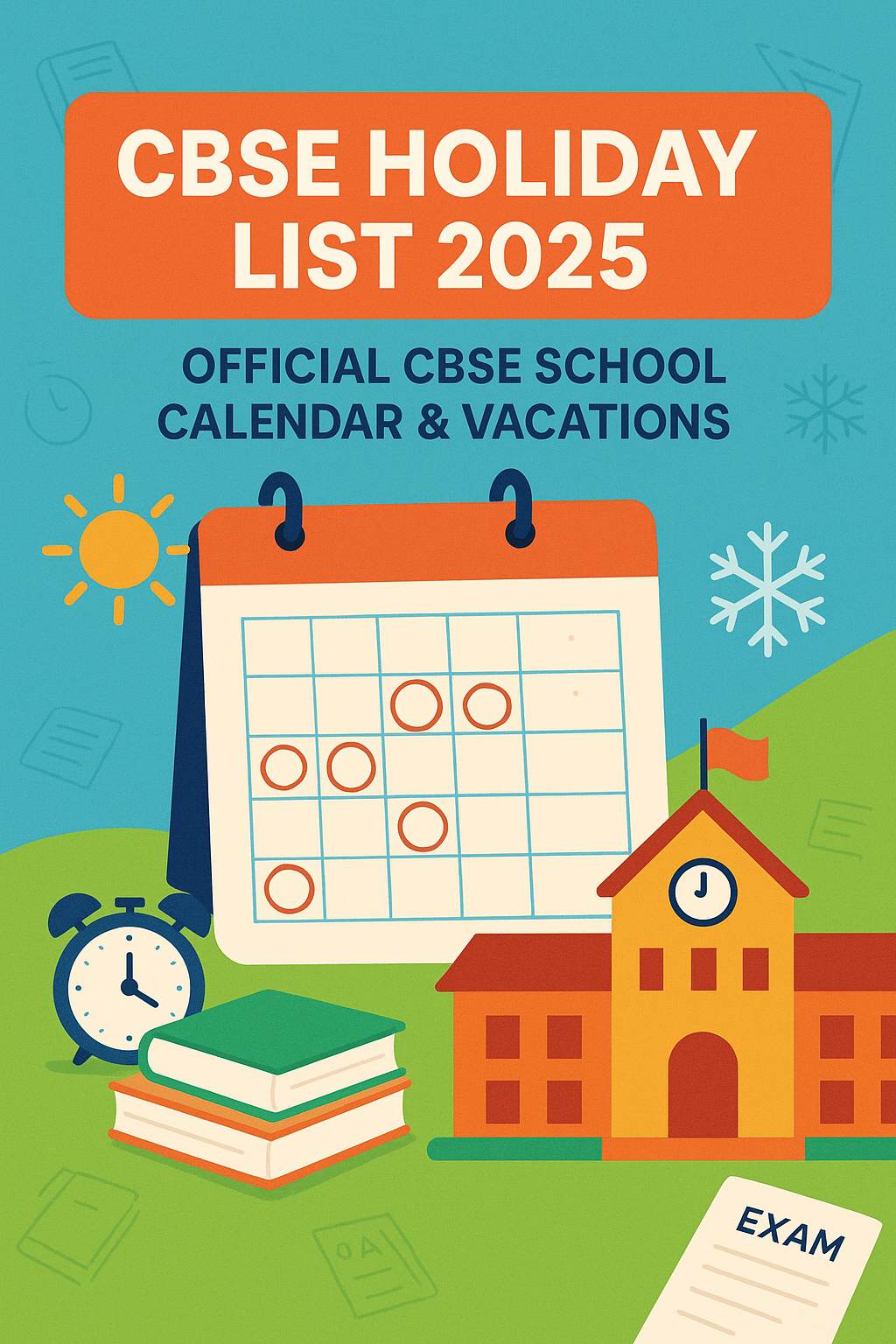
CBSE Holiday List 2025: Explore the official school calendar, national & regional holidays, summer & winter...
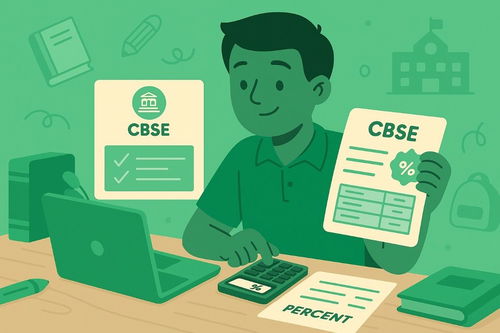
Learn how to calculate your CBSE 12th percentage from your marksheet using the official formula with a simple...
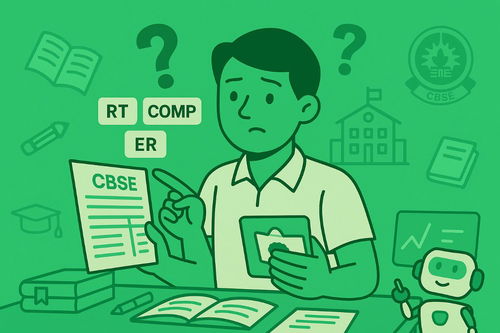
Confused about RT, COMP, and ER on your CBSE marksheet? Learn their meanings, reasons, and what steps you should...
Learn everything about the CTET exam for aspiring CBSE school teachers, including eligibility, syllabus, preparation...

Looking to apply for the CBSE Single Girl Child Scholarship Scheme? Learn eligibility, documents, application steps,...

Discover everything parents and students need to know about the CBSE Class 9 registration process, including...

Learn everything about the CBSE private candidate application process and rules. Understand eligibility,...

Confused about the CBSE answer key? This guide explains how to access it, interpret it, and use it to analyse your...

Confused about how CBSE re-evaluation or re-checking works? This guide explains eligibility, steps, fees, deadlines,...

Discover how to use the CBSE Academics website to access important resources like curriculum, sample papers, and...

Learn how to easily access your CBSE marksheets and certificates using DigiLocker. This step-by-step guide helps...
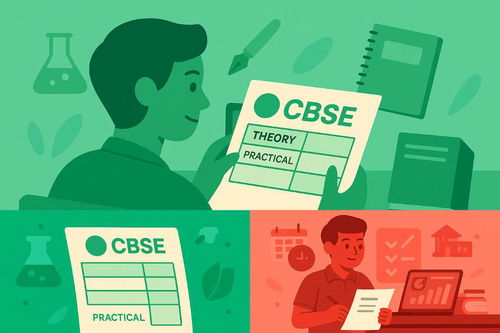
Confused about CBSE passing marks for theory and practical exams? This guide explains the minimum marks needed to...
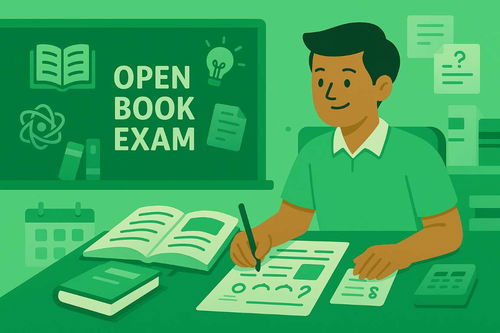
Learn how the CBSE Open Book Exam will be implemented for Class 9 and Class 11 students. Understand the benefits,...
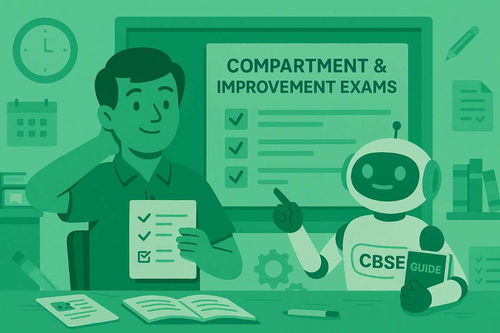
Confused about the CBSE compartment and improvement exam process? This complete guide explains eligibility, how to...

Learn how to obtain your CBSE Migration Certificate after Class 10 or Class 12. This detailed guide walks you...

Confused about your CBSE Admit Card? This easy step-by-step guide explains how to download it, what details to...

Discover what CBSE competency-based questions are and learn how to answer them expertly to you ace your exams.

Boost your Class 10 CBSE board prep with sample papers. Learn how to revise smartly, manage time, and score higher...

Learn how to score high in the CBSE curriculum with a subject-by-subject guide, expert tips, and AllRounder.ai tools...

Compare CBSE vs ICSE to choose the best board for your child. Understand syllabus, teaching style, exam prep, fees, and more.

Understand the latest CBSE marking scheme and question paper pattern. Learn about competency-based questions,...

Want to score above 95% in your CBSE Class 10 boards? Our strategy guide breaks down topper study plans to revision...

Compare CBSE vs ICSE to find the best board for NEET and JEE preparation. Understand syllabus match, exam formats,...

Treat your CBSE Class 12 exams using an athlete's approach to help you train, strategize, and perform your best on exam day.

Get ready for your CBSE Class 10 board exams with our survival kit. Find the official syllabus, a smart study...

Learn how to verify CBSE marksheets, certificates, and results online. Step-by-step guide for students and parents...

Master CBSE with top-rated tools, study planners, and expert online help. Perfect guide for Class 9–12 students...

Learn about CBSE – its full form, history, objectives, and structure. Get insights into CBSE’s role in Indian education.
Resources
-
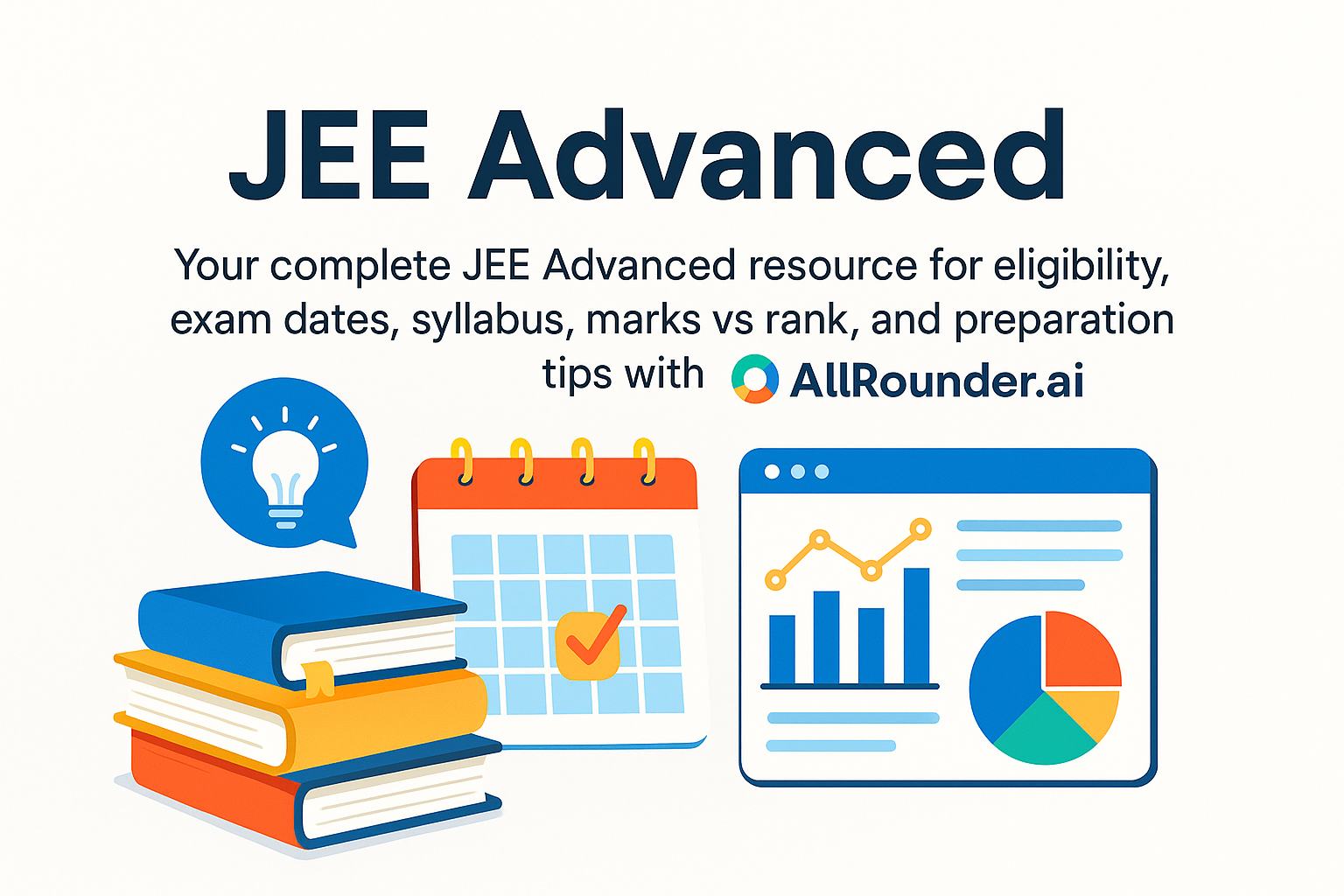
Your complete JEE Advanced resource for eligibility, exam dates, syllabus, marks vs rank, and...
-
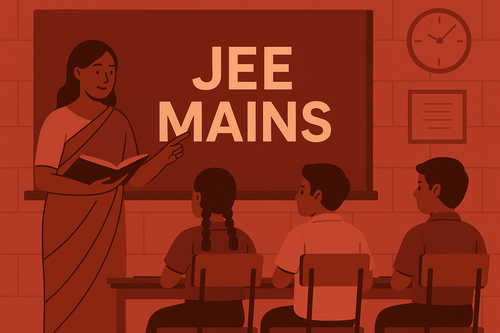
Understand the entire JEE Main process, from application and eligibility rules to the exam...
-

Explore the IB Board – a global curriculum emphasizing holistic, student-centered learning...
-

Learn about CBSE – India’s national school board offering a standardized curriculum, NCERT...
-

Explore everything about the ICSE board – its curriculum, subjects, exam format, and academic...
